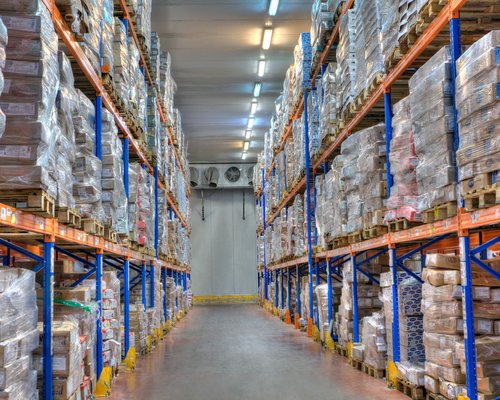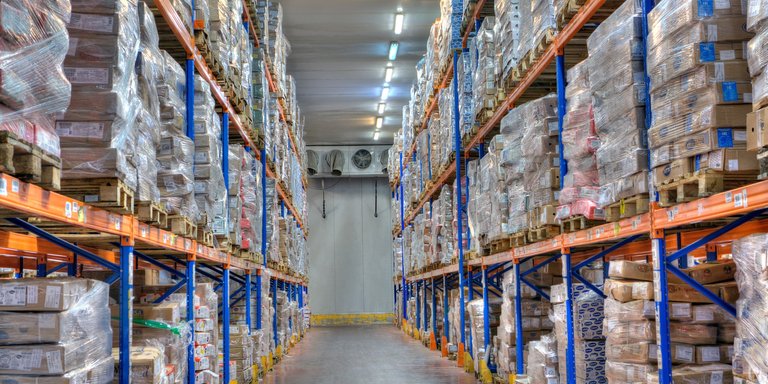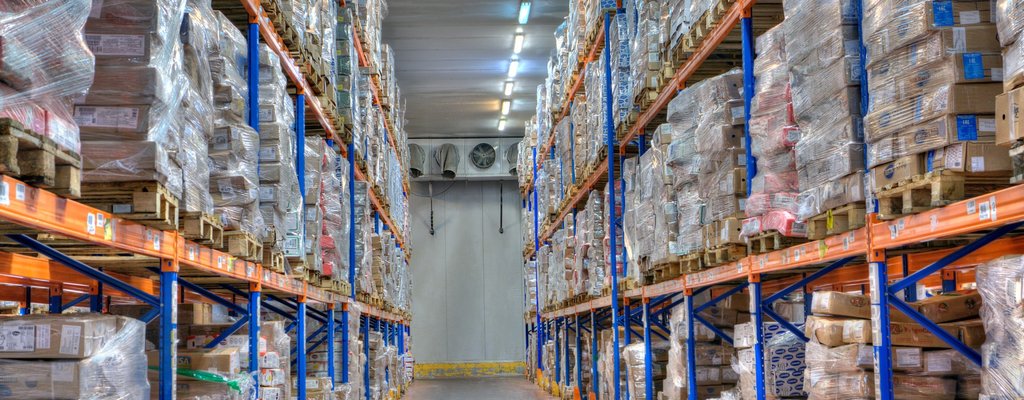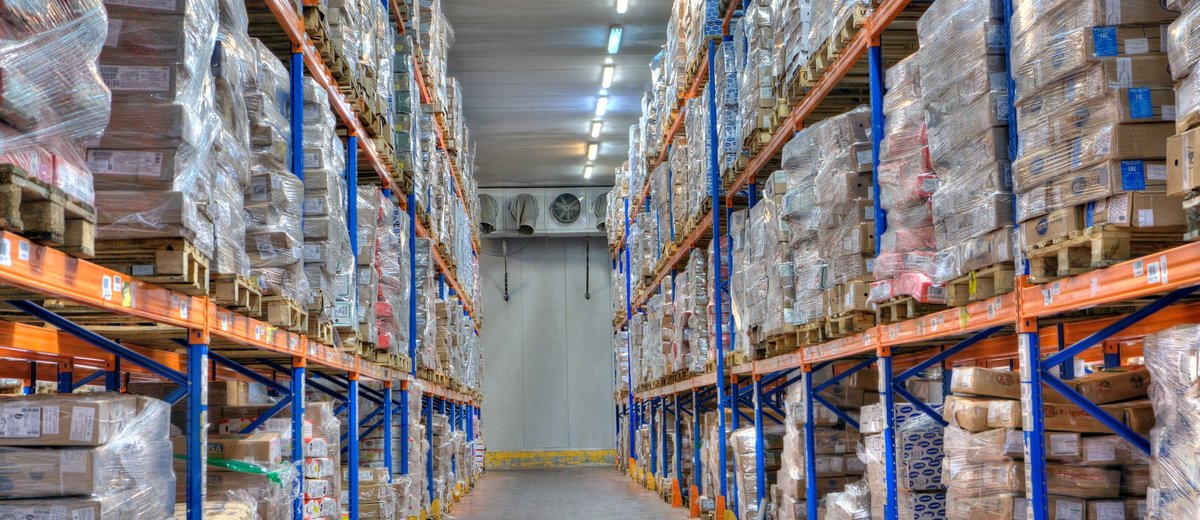Skip to:
Monday Aug. 31
-
8.45am to 9.00am - Workshop registration
In person -
9.00am to 9.30am - Introductions
In person -
9.30am to 11.00am - Session 1
In person- Specifications; Examination of the purpose of specifications in the contractor/customer relationship.
- Preparation and interpretation of specifications.
- Technical detail for customers, consultants and contractors.
- Case studies. -
11.15am to 12.30pm - Session 2
In person- Refrigeration basics.
- Review of basic refrigeration cycles.
- Introduction to system analysis tools and refrigeration jargon.
- Introduction to psychrometrics. -
1.00pm to 3.30pm - Session 3
In personThe CFC issue and global warming - implications for refrigeration.
-
4.00pm to 5.00pm - Session 4
In person- Heat load calculations.
- Techniques for estimation of loads and identification of excessive heat loads.
- Methods for load reduction.
- Hand calculations and computer analysis. -
5.15pm to 8.00pm - Introductory social
In person
Tuesday Sept. 1
-
8.30am to 10.00am - Session 5
In personHeat load calculations continued.
-
10.30am to 12.30pm - Session 6
In person- Air cooling systems (evaporators) and defrost systems.
- Discussion and quantitative techniques for ensuring that maximum efficiency is obtained. -
1.00pm to 3.00pm - Session 7
In person- Water vapour and refrigeration.
- Vapour barriers, condensation on cold surfaces, humidity control, unfavourable frost, air distribution. -
3.30pm to 5.00pm - Session 8
In personWater vapour and refrigeration continued.
Wednesday Sept. 2
-
8.00am to 10.00am - Session 9
In person- Estimation of chilling times and means for predicting the effect of changing conditions on chiller performance.
- Hand calculations and computer analysis. -
10.30am to 12.30pm - Session 10
In person- Estimation of freezing times and means for predicting the effect of changing conditions on freezer performance.
- Cryogenics.
- Hand calculations and computer analysis.
- A “hands-on” session for participants to use the techniques on a typical industrial problem. -
1.00pm to 2.30pm - Session 11
In person- Product weight loss.
- Theory and practical techniques to minimise product shrinkage in refrigerated facilities. -
3.00pm to 5.00pm - Session 12
In person- Refrigeration plant design and energy efficiency calculations.
- Review basic techniques and analyse simple single-stage cycles. -
6.00pm to 10.00pm - Workshop dinner
In person
Thursday Sept. 3
-
8.30am to 10.30am - Session 13
In person- Refrigeration plant design and energy efficiency calculations.
- More complex plant arrangements, and plant variations to save energy. -
11.00am to 12.30pm - Session 14
In person- Heat pump cycle designs and energy efficiency calculations for process heating.
- Matching heat pumps to process requirements.
- High temperature heat pumps. -
1.00pm to 2.00pm - Session 15
In person- Absorption refrigeration.
- Principles of operation, system types and layouts, performance characteristics and efficiency, applications and economics. -
2.00pm to 3.00pm - Session 16
In person- Operational aspects of refrigeration plant performance
- Performance of evaporators, condensers and compressor and effect of pipeline pressure drop. -
3.30pm to 5.00pm - Session 17
In person- Operational aspects of refrigeration plant performance.
- Measurement of performance, trouble-shooting guidelines, effects of operational practices on energy efficiency.
Friday Sept. 4
-
8.30am to 10.00am - Session 18
In person- Introduction to and use of spreadsheet calculation tools
- Prediction of application heat loads and prediction of freezing and chilling times. -
10.30am to 12.30pm - Session 19
In person- Introduction to and use of spreadsheet calculation tools
- Use of CoolProps and spreadsheets to get refrigerant and psychrometric properties and to analyse simple cycles. -
1.00pm to 2.30pm - Session 20
In personIntroduction to and use of spreadsheet calculation tools – analysis of complex cycles and heat pumps.





